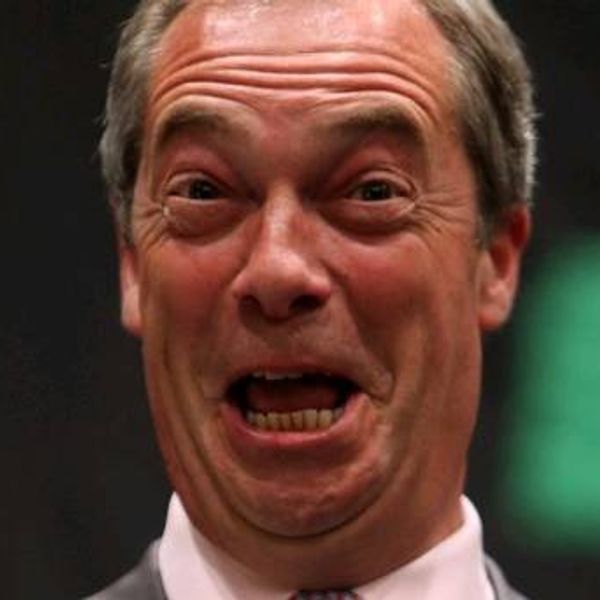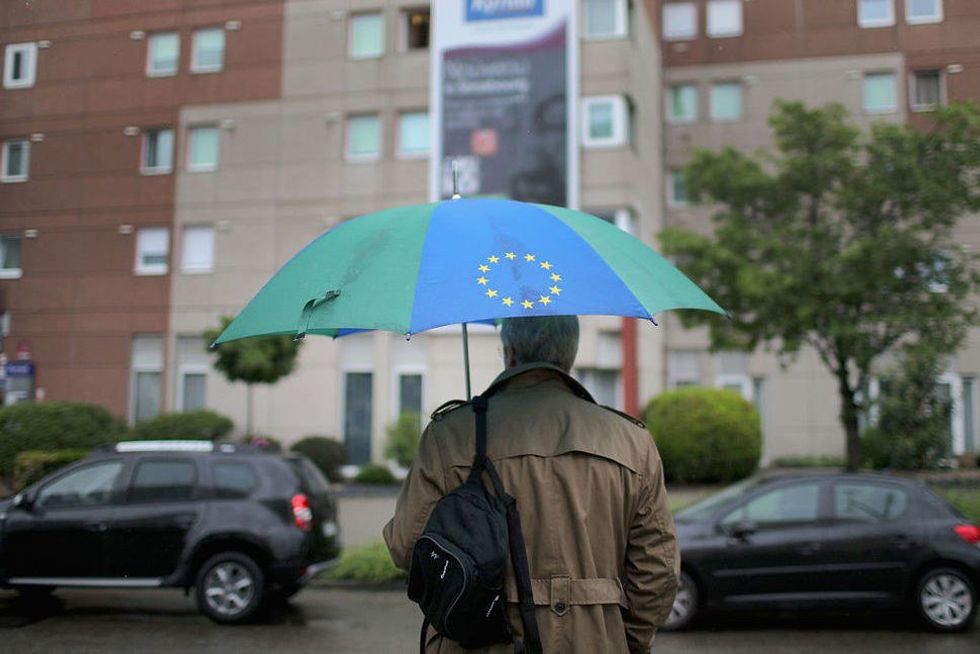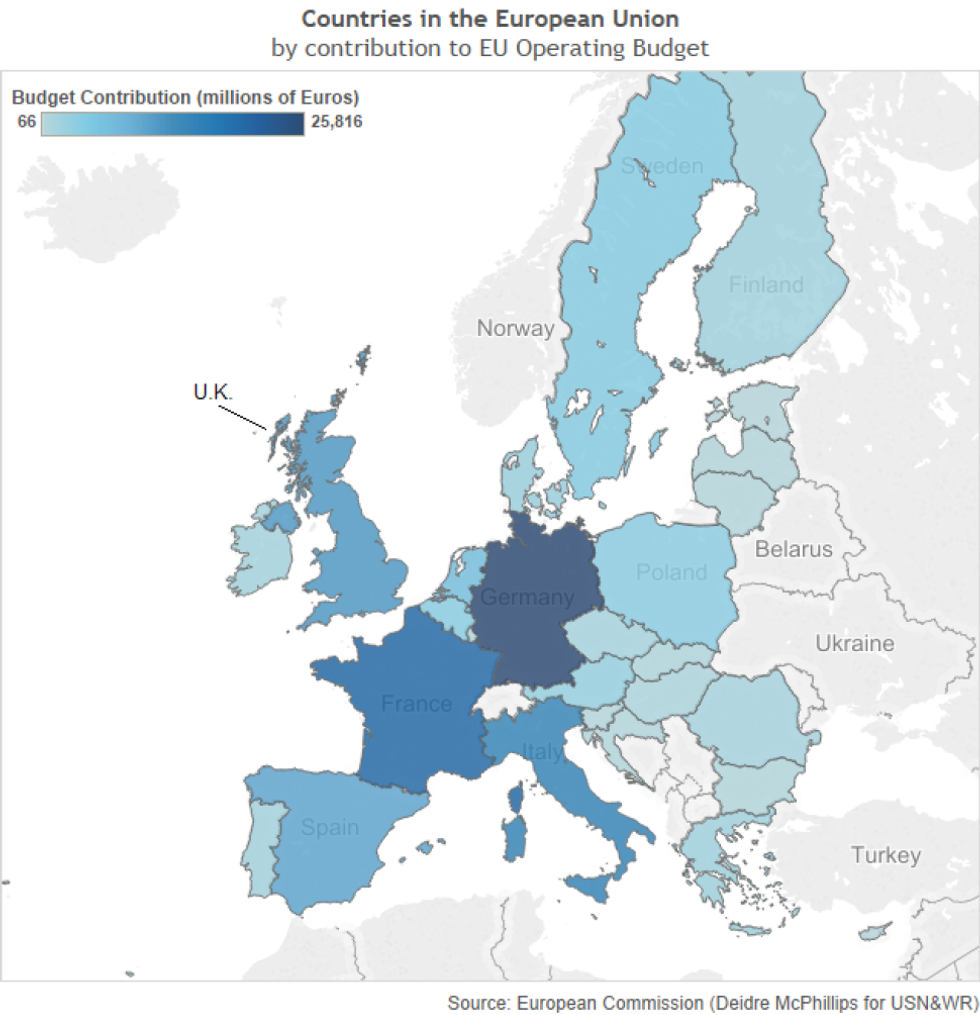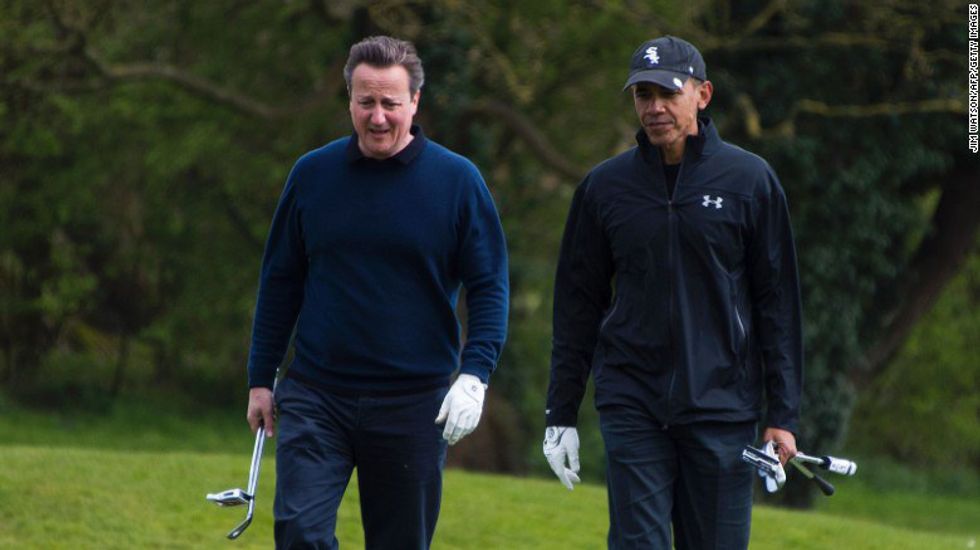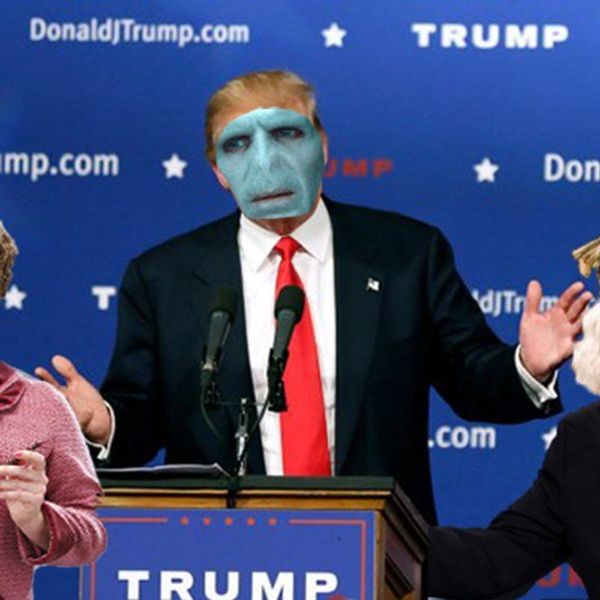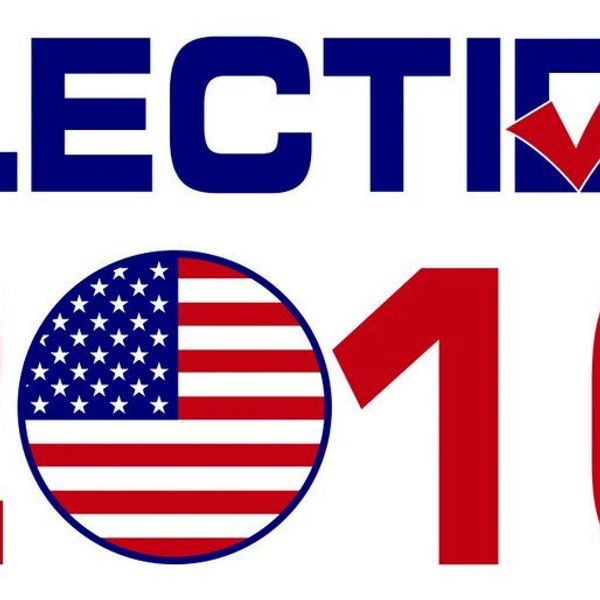Brexit: a shortened way of saying Britain’s Exit from the European Union (EU).
When I woke up on Friday morning, the word “Brexit” was everywhere. I feel like I’ve always been acutely aware of Britain’s desire to – for lack of a better term – separate itself from the rest of Europe, but I’ve always thought of it as more of a distant rumor than anything that would actually ever happen. But in a referendum held on Thursday, June 23, 2016, more than 30 million voters came out to participate in the decision – the largest turnout since the ’92 election -- and the majority voted in favor of the Brexit (51.9 percent vs. 49.1 percent).
I’ll be honest. I don’t pay much attention to foreign affairs, and I didn’t think any of this was a big deal until I decided to do a little research. This is what I’ve found.
First, let’s start with what exactly the EU is. The European Union “is an economic and political partnership between 28 member nations committed to the prosperity of the region as a whole.” Those 28 nations give a certain amount of money (based on some tax formula that I’m sure is really complicated) to the EU’s budget every year to be given back in expenditures to the countries that need it most. Just as an example: in 2015, an $8 million investment was made to the Scottish Centre for Regenerative Medicine to build new stem cell research facilities. The EU is responsible for about 25 percent of the world’s economic output, and Britain contributes to about 15 percent of that. This partnership began after World War II and operates under the idea that countries that openly trade with one another are less likely to go to war. In 2004, a directive was passed that ensured the "free movement of people is one of the EU's fundamental principles.”
In simplest terms, think of the EU as a single unit, making it easy for people, goods, and services to travel freely from one member nation to the next, almost as if it were one country. And that’s what Britain voted to leave.
What does this mean? you may ask. The U.S. is Britain’s largest export destination. President Obama has said that voting to leave the EU would put Britain “at the ‘back of the queue’ for a trade deal” and renegotiating a new agreement could take up to a decade. “The United States wants a strong United Kingdom as a partner,” he said, "and the United Kingdom is at its best when it's helping to lead a strong Europe.” Americans who are against the Brexit believe that the special relationship the U.S. has with Britain plays a key role in keeping the EU close and aligning them with our foreign policy objectives.
There’s also possible consequences for the global financial market, and voting to leave the EU may result in a severely negative market reaction. Not to mention that this all could hurt the U.S. economy, too. But only time will tell.

